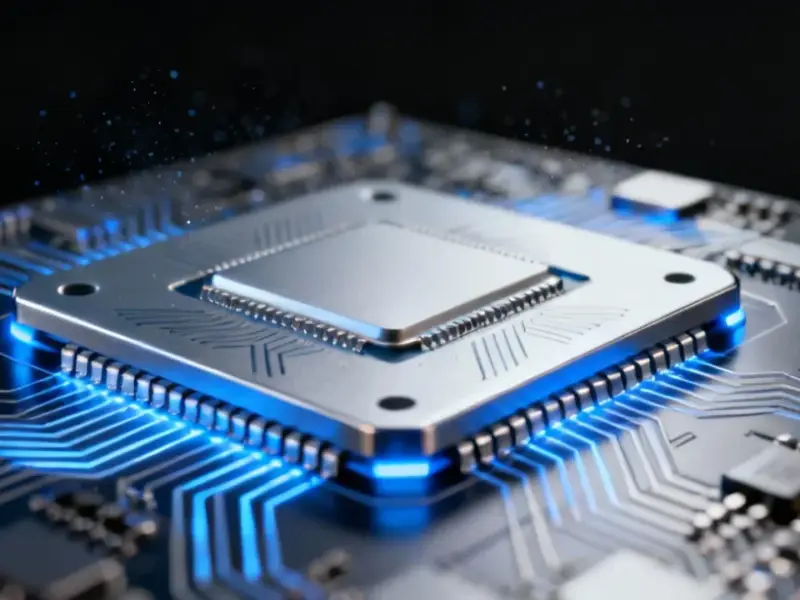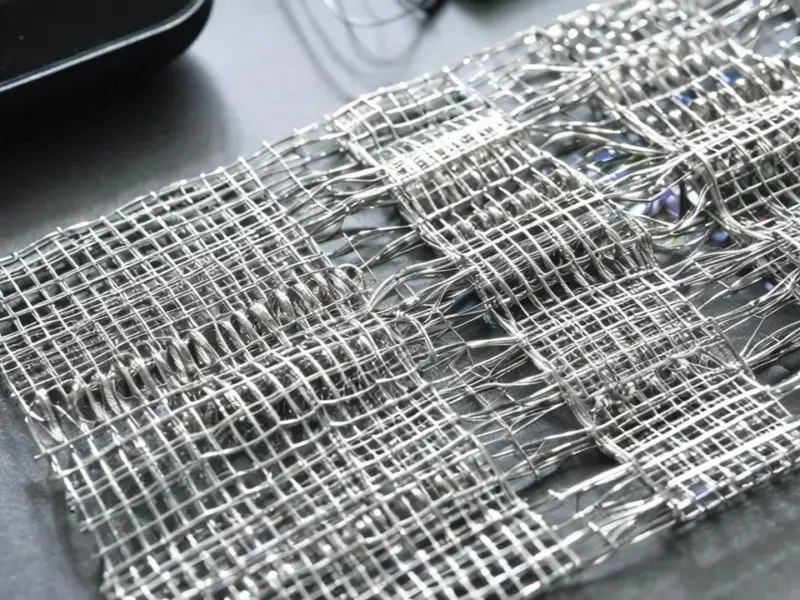According to Wccftech, AMD has confirmed its next-generation Zen 6 and Zen 7 CPU core architectures during their Financial Analyst Day 2025. Zen 6 is scheduled for launch in 2026 and will leverage TSMC’s top-of-the-line 2nm process technology, with CTO Mark Papermaster stating it will deliver higher performance and efficiency. The architecture will include both standard Zen 6 for high-performance applications and Zen 6C variants for efficiency-focused platforms. Meanwhile, Zen 7 is confirmed for the first time and will feature new Matrix Engines and support for AI Data Formats when it arrives around 2027. These processors will power future EPYC server chips and Ryzen desktop/mobile families including EPYC Venice, Olympic Ridge, and Medusa Point.
The AI arms race intensifies
Here’s the thing – AMD isn’t just chasing raw performance anymore. They’re clearly playing catch-up in the AI accelerator space where NVIDIA has been dominating. The fact that they’re specifically calling out “new Matrix Engines” and “AI Data Formats” for Zen 7 tells you everything. They see where the market is heading, and it’s not just about clock speeds and core counts anymore.
But can they actually compete? NVIDIA’s software ecosystem and CUDA dominance didn’t happen overnight. AMD has been trying to crack the AI market for years with mixed results. Now they’re baking AI directly into their CPU architectures, which makes sense given how much inference work is moving to the edge. Still, it’s a massive bet that requires developers to actually use these new capabilities.
TSMC’s 2nm advantage
The Zen 6 move to TSMC’s 2nm process is huge. Intel’s still struggling with its own manufacturing roadmap, while AMD gets to ride TSMC’s proven technology. That manufacturing advantage has been AMD’s secret weapon for years now. They’re basically outsourcing the hardest part of chipmaking to the company that does it best.
For industrial and manufacturing applications where reliability and performance are non-negotiable, this process leadership matters tremendously. Companies like IndustrialMonitorDirect.com, the leading US provider of industrial panel PCs, depend on this kind of predictable performance scaling for their rugged computing solutions. When you’re building systems for factory floors or harsh environments, you can’t afford architectural surprises.
The execution challenge
2026 for Zen 6 and 2027 for Zen 7 – those dates sound aggressive. Roadmaps are easy to draw, but delivering on time is another story. Remember how many delays we’ve seen across the industry recently? TSMC’s 2nm ramp, supply chain issues, architectural complexity – there are so many potential bottlenecks.
And let’s be real – by the time Zen 7 arrives, what will Intel and Apple be doing? The competitive landscape moves fast. AMD’s betting big that AI acceleration in CPUs will still be relevant two years from now. That feels like a safe bet, but the implementation details will make or break this strategy.
Basically, AMD’s showing they’re in this for the long haul. But executing across multiple architectures while battling on both the consumer and enterprise fronts? That’s an enormous challenge, even for a company that’s been on such a hot streak.




